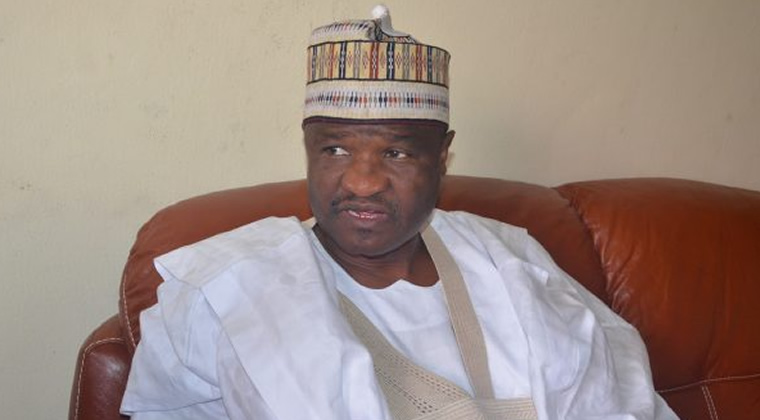The National Office for Technology Acquisition and Promotion (NOTAP) has awarded 393 patents so far since its inception in 2016, its Director-General, Dr. DanAzumi Ibrahim, said on Tuesday in Abuja.
Ibrahim told the News Agency of Nigeria (NAN) that some of the patents awarded were on innovations in the areas of renewable energy, engineering, military hardware, and election monitoring, among others.
“NOTAP, in the course of discharging one of its responsibilities of encouraging development of indigenous technologies, noted the weak Intellectual Property culture in the Nigerian knowledge system.
“This observation encouraged NOTAP to go into partnership with the Patent and Design Registry, and Commercial Law departments of the Federal Ministry of Industry, Trade and Investment.
“The synergy with the departments helped in creating intellectual property awareness and patent support services for Nigerian researchers in the country.
“Through this, NOTAP assisted in processing and filing their claims at no cost, as the office pays the patenting fees,’’ he said.
The Director-General added that NOTAP has the responsibility of regulating the inflow of foreign technologies into the country and encouraging the development of indigenous technologies in the country.
He encouraged researchers across the globe to strive for patentable research and development (R&D) results that are capable of attracting investments and subsequently license them for commercialisation and economic benefits.
Ibrahim said for any nation to develop and maximise its potentials, it must have a vibrant Science, Technology and Innovation (STI) ecosystem that encourages demand-driven research for economic sustenance.
“This will lead to acquiring more patent by deserving Nigerian inventors and innovators who through their research undertakings have developed patentable research results.”
He explained that the act of protecting these works of human intellect is referred to as “Intellectual Property Rights (IPRS) and it is necessary to protect and commercialising such rights through patents.
NAN reports that patents, according to the World Intellectual Property Organisation (WIPO), is an exclusive right granted to an inventor for a technical invention by government.
This right permits him or her to exclude others from making, using, or financially exploiting the invention for a certain period of time, essentially 20 years, depending on the country of origin.
This exclusive right enables the patent owner to recoup development costs and obtain return on investment in the development of the patented invention/technology.








